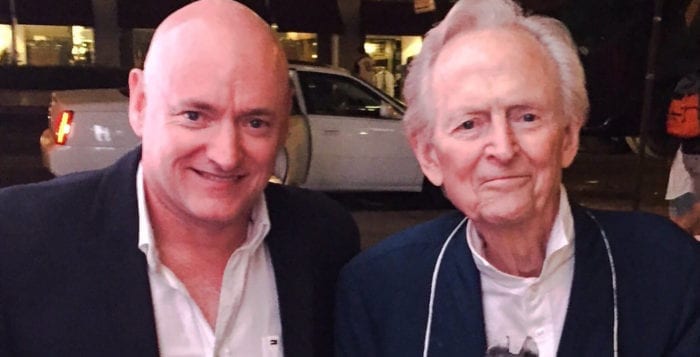First of all, we’re going to need a big cake. No, I know you think most cakes are big and that most people’s eyes are bigger than their stomachs, but this one is going to have to be huge.
You see, we’re about to celebrate an important birthday. Next week, it’s the 242nd birthday of the country, so we’ll need a place to put all the candles.
So, what do we get for the country that has everything?
Well, for starters, it depends on what you imagine represents the country. Is it the Statue of Liberty? The bald eagle? A baseball game? Mount Rushmore? The Grand Canyon?
Seriously, this is one huge country and we haven’t even discussed the last two states to join the union.
Alaska is a gem, with vistas stretching as far as the eye can see, as shimmering spawning salmon make streams and rivers glow orange, while bears nibble here and there as cars and buses pass them along the sides of the highways.
Hawaii reminded everyone this year that it’s a volcanic archipelago. It’s a magnificent and lush combination of majestic mountains, bamboo forests and striking cliffs.
So, what would this great country of ours want for its birthday?
Well, maybe it would want us, even for a day, to all get along. We are all Americans, we have all heard the
stories about the forefathers who fought for this country, who defied the British, and who wanted what was best for them and, all these years later, us.
Maybe it would want us to tidy up. After all, who doesn’t want to look good on their birthday, right? We could clean up our yards, clean up our neighbor’s yard, remove trash from the area around the school, a place so many enthusiastic children recently abandoned for the start of the summer.
Maybe we should take a moment to think about how we are helping ourselves, or others, reach the American Dream. We all want life to be better, but maybe we can encourage others to strive for, and reach, a dream that anyone from anywhere could reach greatness. We are not like Europeans of past centuries, who limited
opportunities for success by class, gender or ancestry.
The home of the free and the land of the brave is all about allowing anyone from any walk of life to reach their potential and, more importantly, to decide their potential.
America is about celebrating youth. We are a young country, filled with hope for the future, unbridled
optimism and joy.
Regardless of what politicians in Washington say, we are also a country that likes to laugh, even at ourselves. We have a great sense of humor. Need a laugh? Watch “Bridesmaids” or “Groundhog Day” — or if in the mood for something older, “Animal House.”
We pull apart and then we come together. We speak with different accents, depending on where we come from or what part of the world our ancestors originally inhabited.
When we come together, we are unstoppable, finding our best selves from the roles we play in companies, on teams, or in close-knit families that stand ready, willing and able to support each other through any challenge.
Sure, we can hang the flag, eat a hot dog, have a barbecue and sing a few American songs to celebrate our country. But, hey, maybe we can also look for the best in each other and in ourselves as we again give hope to the notion that a rising tide of optimism, of cooperation, of compassion lifts all boats.





